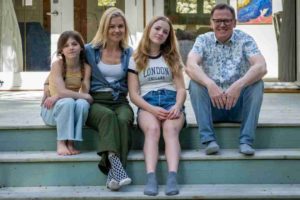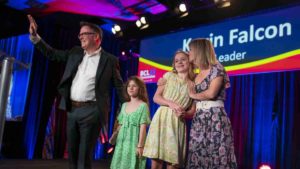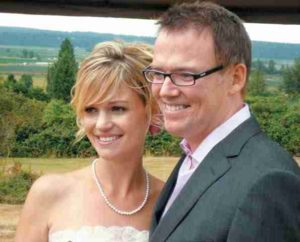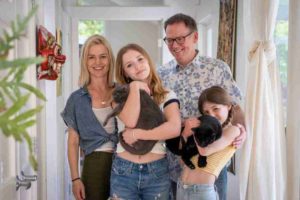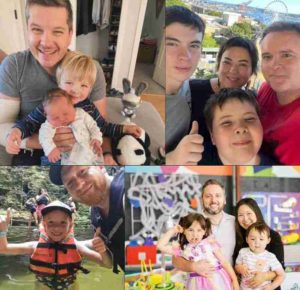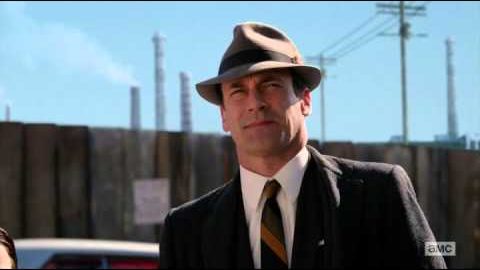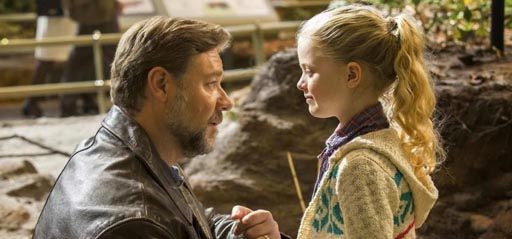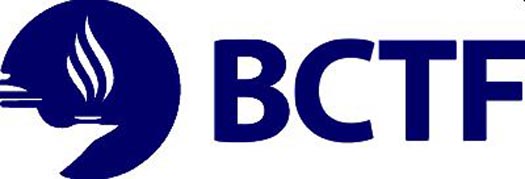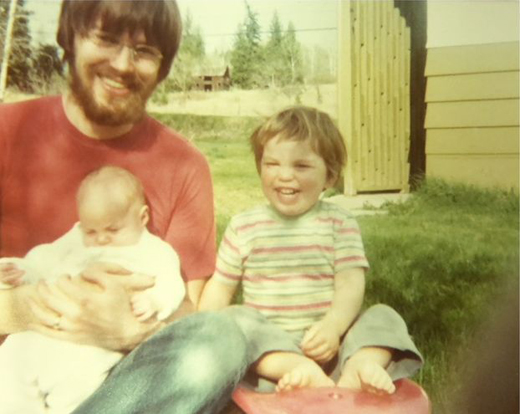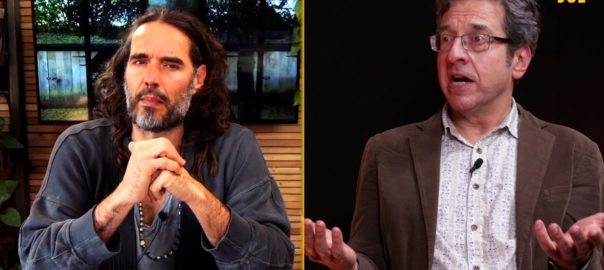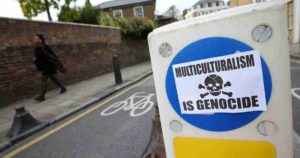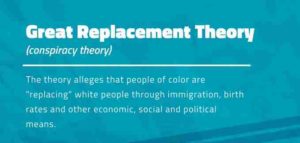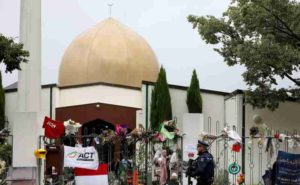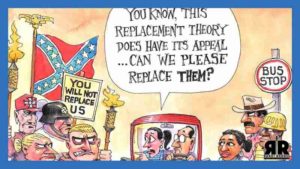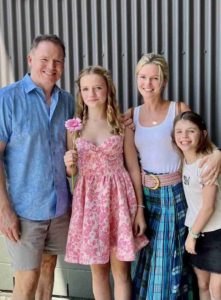
BC United leader Kevin Falcon, with his arm around his much cherished 14-year-old daughter, Josephine, standing with his beloved wife Jessica, and their endearing 12-year-old daughter, Rose.
VanRamblings is flummoxed. For the life of us, we cannot understand how it is that one of the most successful political leaders in British Columbia history seems — if the polls are correct, and are the polls correct? — to have fallen on hard times, the citizens of the province seemingly deserting him en masse, his political fortunes not just in decline, but so low as to barely register on the political landscape, as 2024’s British Columbia provincial election looms, only 54 short days from today.

Kevin Falcon has had a storied quarter-century career in B.C. politics.
Back in 1999, having fought for the B.C. Liberal nomination in his home riding of Surrey-Cloverdale — defeating B.C. Liberal incumbent Bonnie McKinnon — only two short years later, 38-year-old political novitiate, Kevin Falcon, was selected to sit as the duly-elected Member of the B.C. Legislature, to represent the interests of his much cherished constituents — on whose behalf he fought for all of his time in politics — Mr. Falcon came to sit on the governing front bench of newly-minted Premier Gordon Campbell’s B.C. Liberal government.
Wanting to undo the “economic damage” that the British Columbia New Democratic Party had wrought in their 10 years in power — from October 17, 1991 through May 16, 2001 — said the newly-elected Premier, Mr. Campbell appointed the novice MLA from Surrey-Cloverdale as Minister of State for Deregulation, his job to undo arcane regulations impeding economic growth across our province.
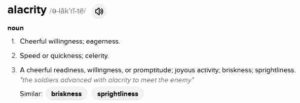
Mr. Falcon took to his task with alacrity, élan, energy and dedication.
So effective was Kevin Falcon as Minister of State for Deregulation that the woebegone resource industries across B.C. began to thrive as they had not for generations, the mining and forest industries experiencing unimaginable growth, in consequence creating good paying union jobs for those living in rural communities across our province, all the while pouring hundreds of millions of dollars in revenue into government coffers, monies that would pay for an expanded health care system to meet the needs of all British Columbians, with the portent (it was hoped) of future growth in British Columbia’s long ignored transportation system, as well as benefiting our province’s beleaguered public education system.
Kevin Falcon’s reward for a job well done?
On Monday, January 26, 2004 with a show of confidence arising from his successful achievements in government, exceeding expectation, Premier Gordon Campbell appointed Kevin Falcon as British Columbia’s new Minister of Transportation, a position he held through June 10, 2009, at which time the eight-years-in-power Premier Gordon Campbell called his second provincial election.

As both a builder and a visionary, the newly-minted Minister of Transportation set for himself the task of ensuring the construction of a rapid transit line from Vancouver to Richmond, an idea that was pooh-poohed by the left in our province, thought to be unnecessary, unfeasible and a boondoggle.
“Nobody will ride the damn thing,” said those who decried the project.
At the time, Vision Vancouver Councillor Raymond Louie — who sat on Translink’s Board of Directors — opposed the construction of what came to be known as The Canada Line. Over weeks, which turned into months, Kevin Falcon met with an intransigent Raymond Louie, in an attempt to change his mind on the efficacy of a rapid transit line along the Cambie corridor, out to Richmond.
On Wednesday, June 30, 2004 — with boos and jeers from enraged citizens who had gathered in large numbers in the gallery to attend the public meeting — the TransLink Board of Directors — including the once recalcitrant Raymond Louie — voted 8 to 4 in favour to resurrect the controversial RAV rapid transit project, from Richmond-Airport to Vancouver, to the “best and final offer” stage.
On August 17, 2009 — three-and-a-half months ahead of schedule, and under budget — the Canada Line became a reality, ferrying passengers from downtown Vancouver to Richmond / the Vancouver Airport, from Day One far exceeding the projected ridership projection of ten years hence, the project a wild success, much appreciated by those citizens who rely on public transportation.
Long story short, upon re-election in the 2009 British Columbia provincial election, Kevin Falcon was appointed as Minister of Health Services in British Columbia, succeeding George Abbott in that post, on Wednesday, June 10, 2009.
Subsequently, on March 14, 2011, Kevin Falcon was assigned the post of Minister of Finance / Deputy Premier for the province, by Premier Christy Clark.
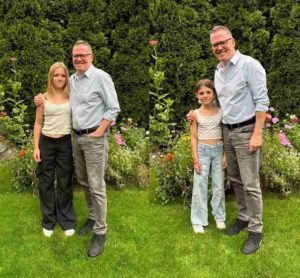
As we wrote yesterday, married for three years now to Jessica, the love of his life, and set to raise together their two young daughters, in 2012 Kevin Falcon made the decision to withdraw from public life, and focus on the needs of his family.
VanRamblings is attempting to write “short” these days.
Although we’d love to publish a 2500-word barn burner, in the interest of preserving our readers’ sanity, we’ll wait until tomorrow to explore the topic of The Decline of BC United Leader Kevin Falcon, and what may very well turn out to be, a four-part series on the esteemed — if beleaguered — Kevin Falcon.
See you back here on Wednesday.
